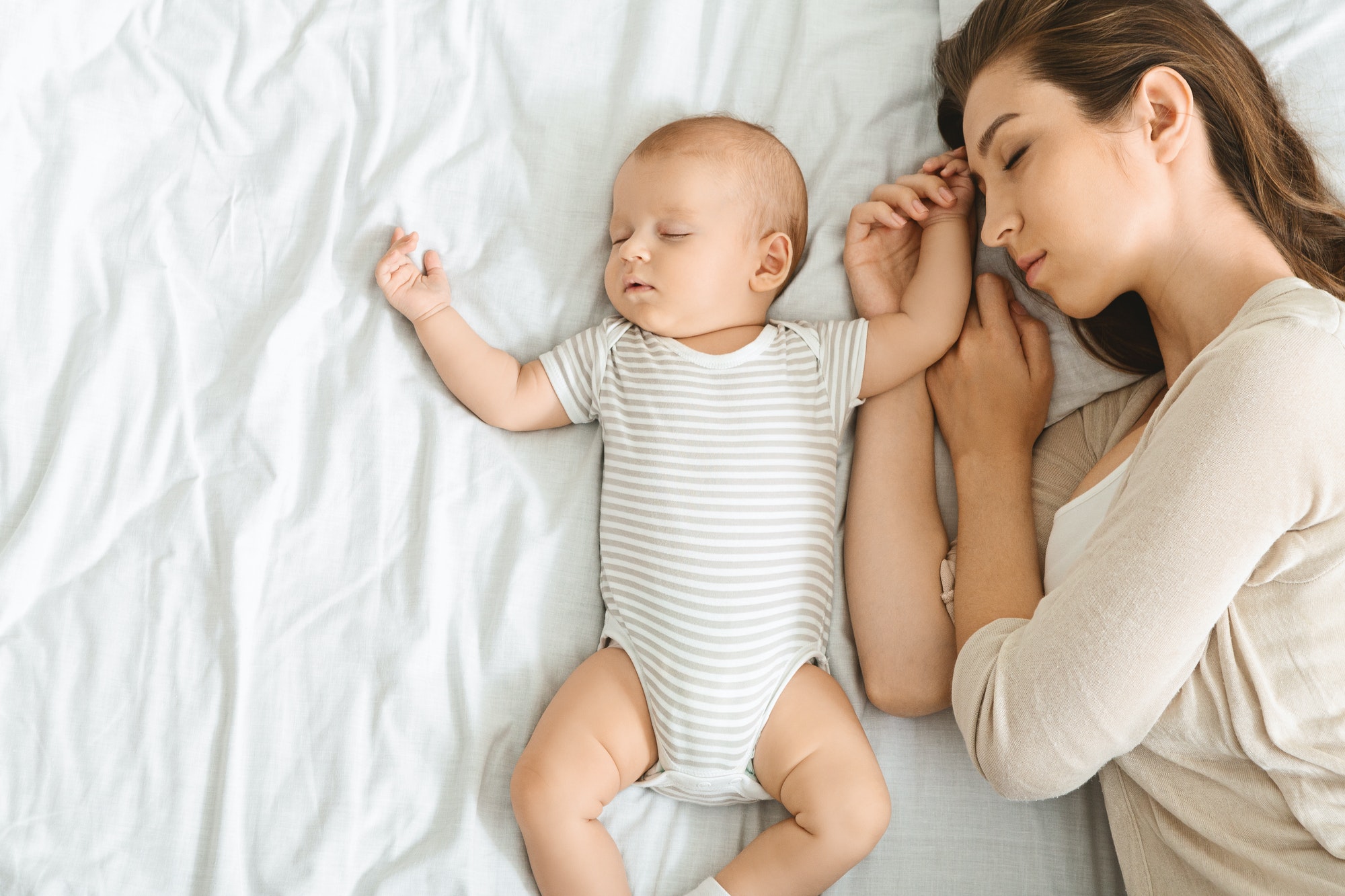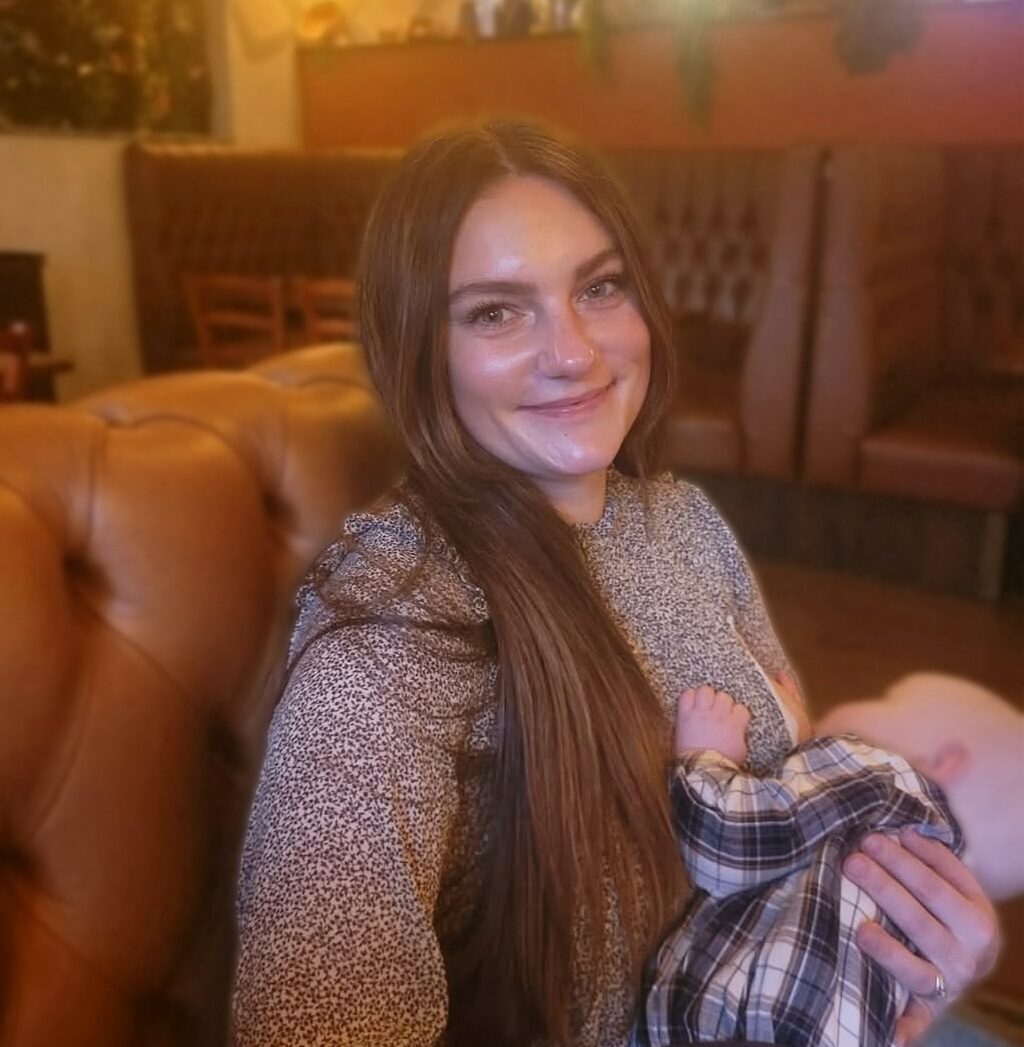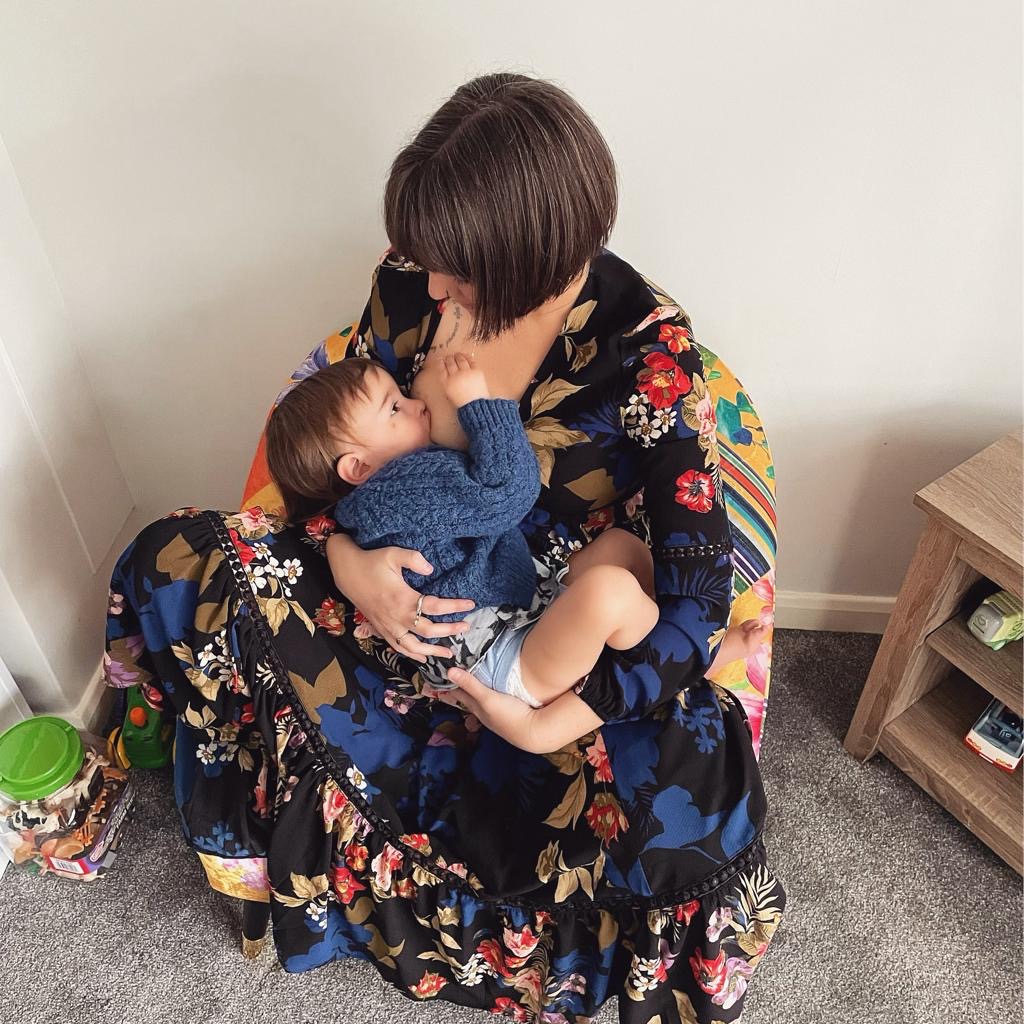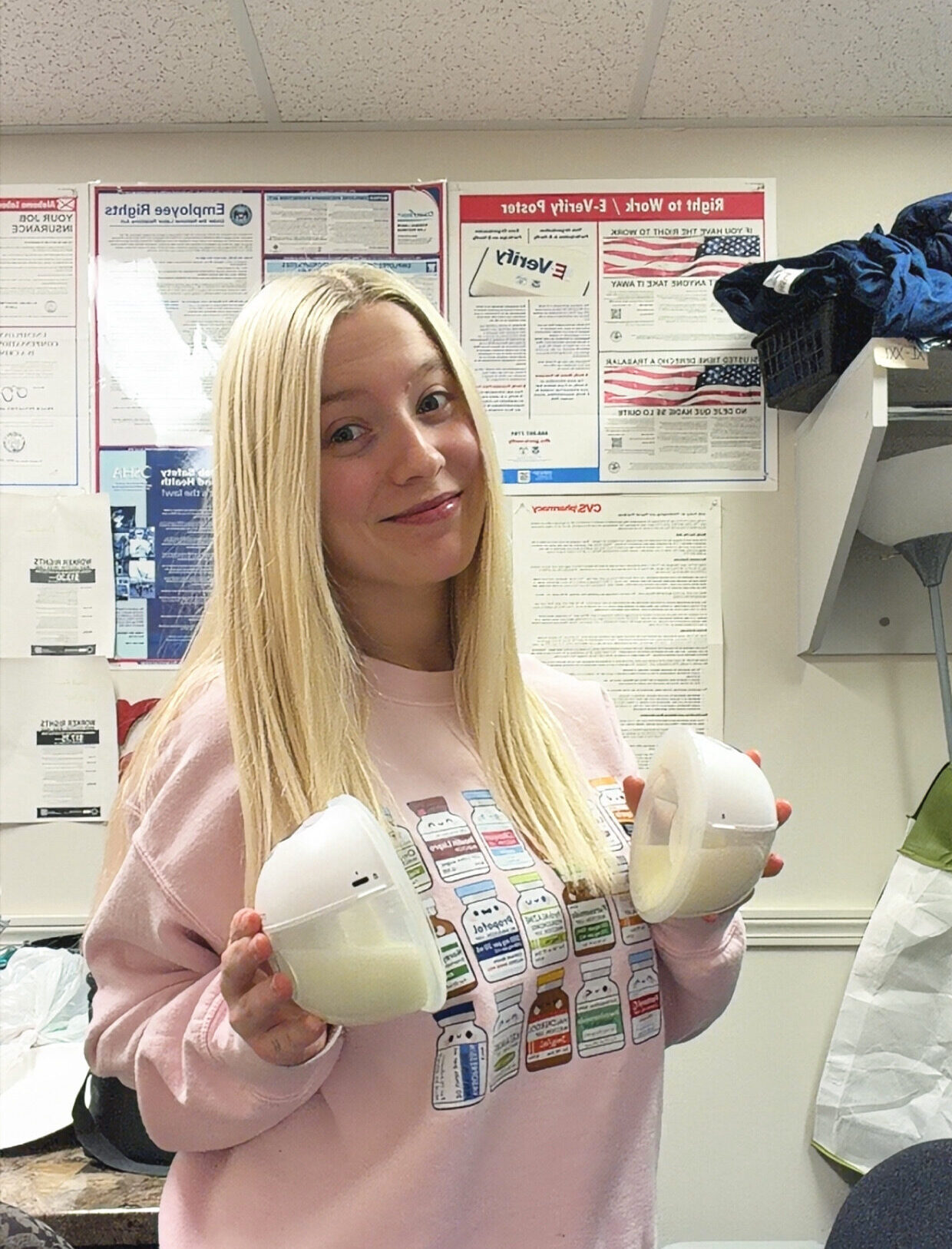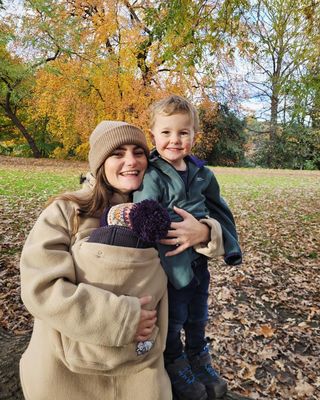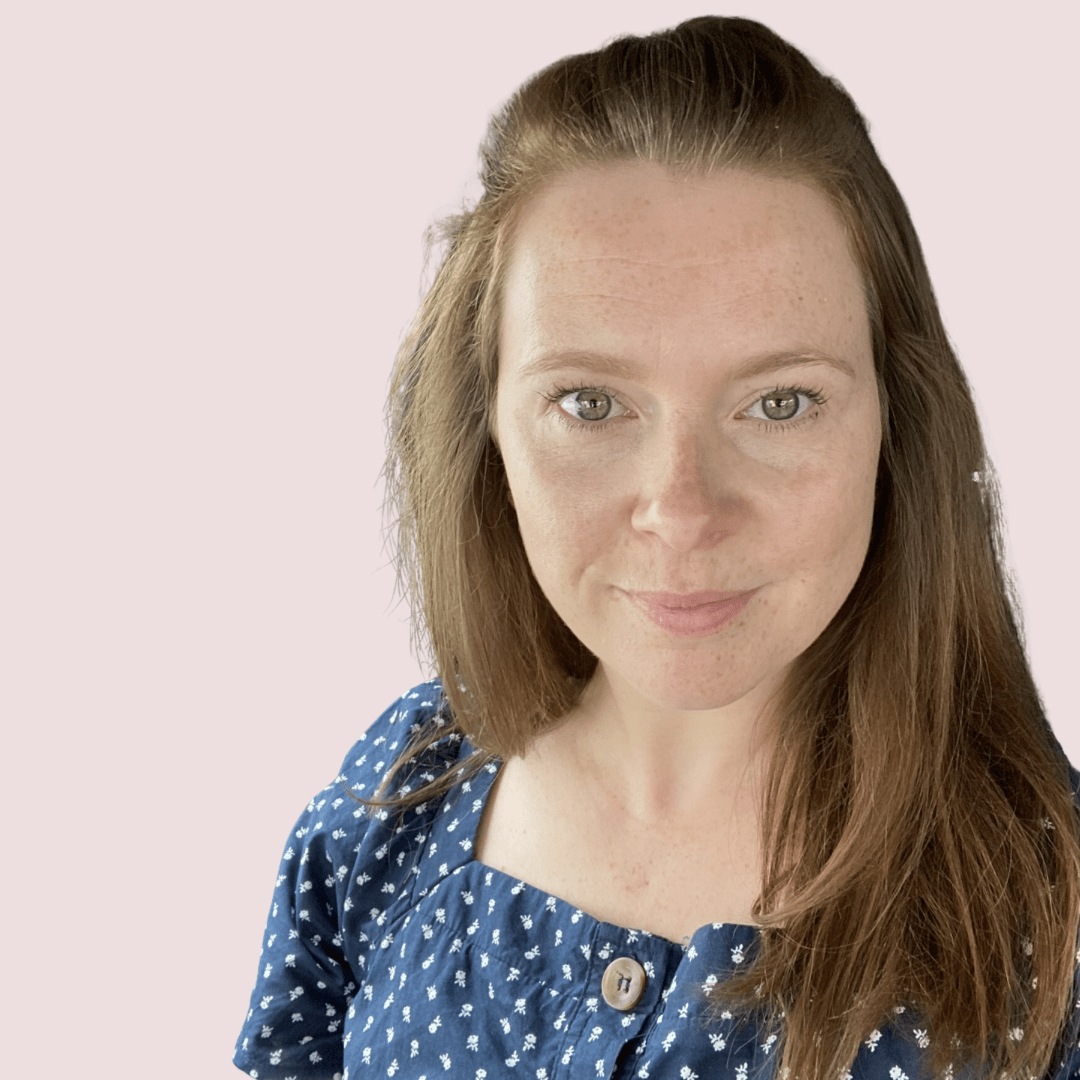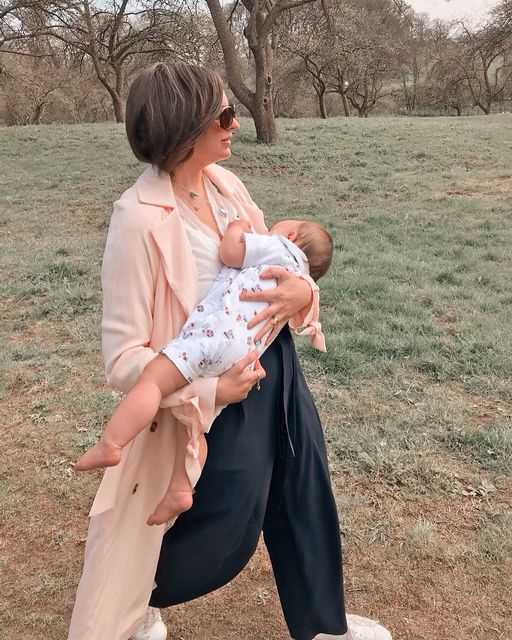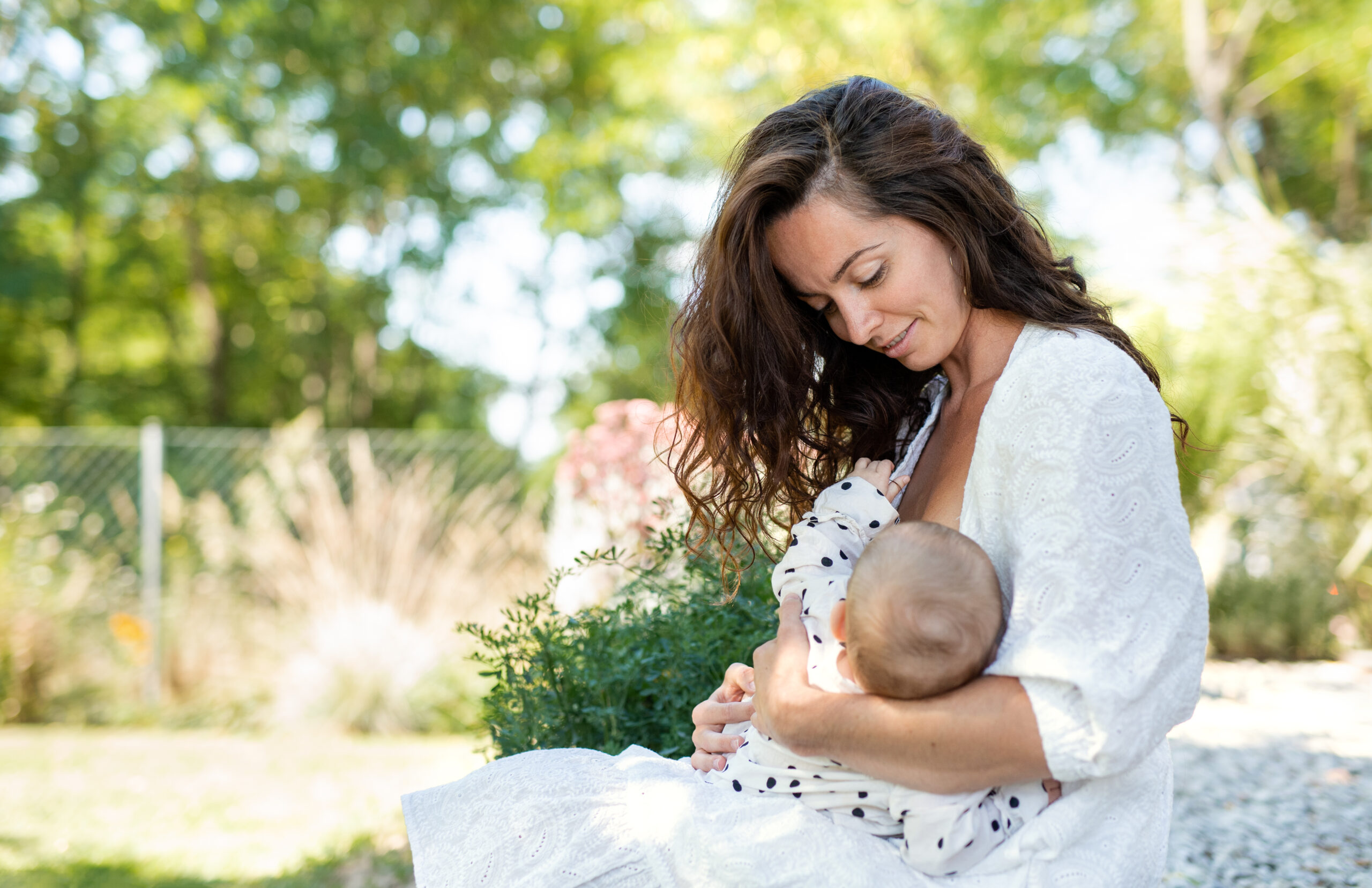Ah sleep, that thing we took for granted pre-kids. When lie-ins and uninterrupted nights of sleep were something that just happened. We didn’t really think about sleep because we actually got some!
Now, as parents, the topic of sleep is front and centre of our mind (number two is nappy output, right?). We wonder when we’ll ever get a full night’s sleep again. We worry when our babies sleep too little or if they sleep too much. People constantly ask us ‘is the baby a good sleeper’? We become obsessed with naptimes and dream of the day our little one will sleep through the night. We have a strange desire to know if other parents are getting more or less sleep than we are.
Goodness, all this talk of sleep would make anyone exhausted!
Who really gets more sleep?
So in the battle of who gets the most sleep, who’s winning? You may not believe it but breastfeeding mamas actually get more sleep than those who don’t breastfeed. Breastfeeding is often associated with babies who feed often, especially during the night. So breastfeeding and sleep aren’t often thought to go hand-in-hand! Typically people assume those who formula feed are more likely to get more sleep. In fact, breastfeeding mamas are sometimes told that if they gave their baby a bottle of formula, then baby won’t wake to feed as often and mamas can get more sleep! And whilst this may be true for some mamas, formula feeding doesn’t always mean more sleep.
Whilst breastfeeding can be physically demanding, one of the great things about breastfeeding at night is you don’t need to get up and prepare a bottle. You can just lift your baby and put them to the breast to feed. And for many mamas, this also means they can feed their baby in bed and catch up on some sleep as their baby suckles away.
Breastfeeding and bedsharing
Many mamas would say being able to feed their baby in bed was a game-changer for them as it meant they could sleep during those long nightly feeding sessions. Anyone who has ever breastfeed during the night knows how difficult it is to stay awake during feeds. Not only are you exhausted by the frequent feedings, but breastmilk contains the hormone Prolactin which helps induce sleep! It’s for this reason breastfeeding mamas often get very sleepy when feeding and why many end up feeding their little ones in bed. It can be a very calming and content way for mama and baby to feed, and subsequently sleep together.
Another reason why mamas bedshare is because their baby wants to be close to them at night and finds comfort from the skin to skin contact. Many mamas will say how their baby will be unsettled, refusing to go to sleep in their crib after a nighttime feed. The only place they want to be is on mama’s chest! It’s easy to see why many parents go down the co-sleeping route as it allows both mama and baby to get sleep together.
What the sleep studies show about breastfeeding and sleeping
But don’t just take our word for it. A recent study on feeding and infant sleep showed that 6,410 mothers from over 59 countries who exclusively breastfed (EBF) and bedshared with their baby reported more sleep. Not only that but the researchers reported that “EBF/bedsharing mothers had better physical health and less depression, anger, and anxiety than non-EBF or non-bedsharing mothers.” In comparison, those who did not exclusively breastfeed had the shortest sleep duration, the highest levels of anxiety and anger/irritability, the worst self-reported health, and the lowest daily energy.
“EBF/bedsharing mothers reported more sleep, better physical health, and less depression, anger, and anxiety than non-EBF or nonbedsharing mothers.”
Kathleen Kendall-Tackett, Zhen Cong and Thomas Hale / Clinical Lactation
Another sleep study conducted by leading cosleeping expert Dr. James McKenna showed that when mothers bedshared they were more likely to continue to breastfeed for longer and to choose to breastfeed exclusively. The findings state: “Bedsharing promotes breastfeeding initiation, duration, and exclusivity.” Based on the research, it has been recommended that discussions around bedsharing should be incorporated into guidelines for pregnancy and postnatal care.
What is bedsharing?
There is obviously a link to better sleep and bedsharing, but what exactly is bedsharing (or ‘cosleeping’ as it’s sometimes referred to)? It’s basically the term used to describe the act of sleeping in close proximity to your baby/child. This could refer to a baby sleeping in a cot attached to your bed with no barrier, or mother and baby sleeping in bed together. Cosleeping is practiced by a lot of breastfeeders due to its convenience and baby’s desire to be close and feed frequently.
In Western societies, there can be quite a lot of angst around cosleeping with some mamas worried about hurting their little ones. New mamas like Marika (pictured below) worry sick about falling asleep with their baby – only to find that having their baby in bed with them is actually where they feel safest! Indeed, in many other cultures and societies around the world, cosleeping is the norm. The notion of not sleeping next to your baby would be considered unusual and unsafe!
I feel refreshed every morning and I know he’s safe in my arms every single night.
Marika Astrid | Breastfeeding Mama
Safe infant sleep
In his book ‘Safe Infant Sleep‘ Dr. McKenna aims to dispel the notions that cosleeping is ‘bad’ or unsafe. Instead, he wants to help better inform parents about the practices and benefits of cosleeping. He has run a mother-baby sleep laboratory for over 20 years and says: “Mother-infant cosleeping with breastfeeding is humankind’s oldest and most successful sleeping arrangement…Only in a relatively few select cultures (Western, industrialized societies) have infants ever slept outside the company and presence of their breastfeeding mothers.”
“Mother-infant cosleeping with breastfeeding is humankind’s oldest and most successful sleeping arrangement.”
Dr. James McKenna | Mother-Baby Behavioural Sleep Laboratory
Be safe and do not cosleep if:
- you have been smoking or drinking alcohol
- you are on an unsecure surface like a sofa or couch
- your baby is premature or has a low birth weight
- your baby has a health condition.
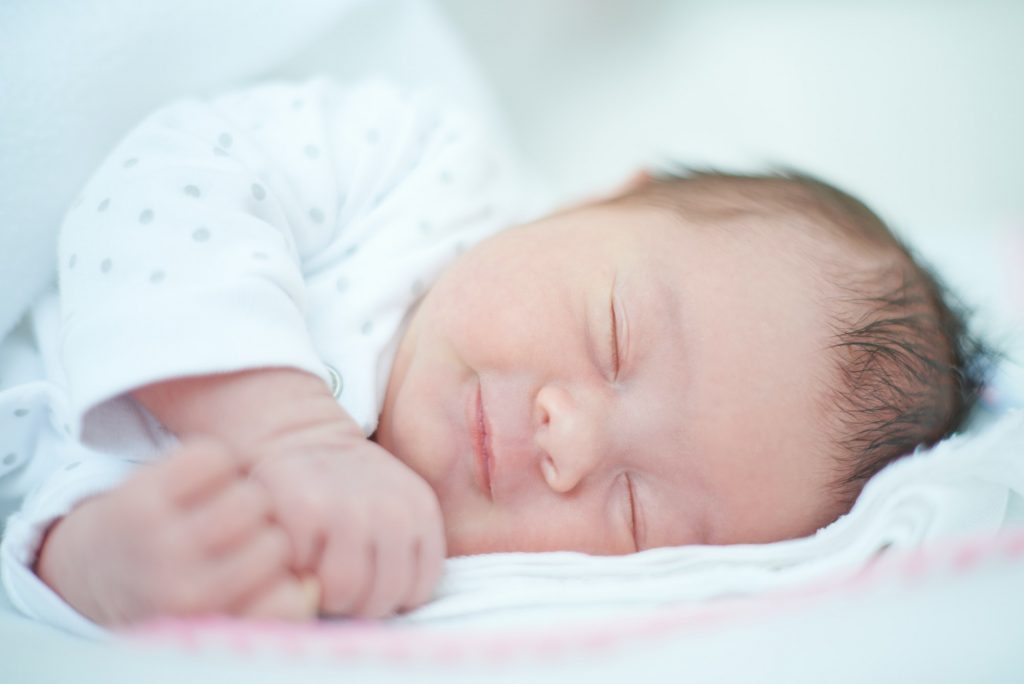
In most cases, cosleeping happens naturally when you are feeding your baby or soothing them to sleep on your chest. It can actually be a real game-changer for a lot of mamas who are struggling with frequent awakenings and over-tiredness. With added benefits including improved physical and mental health, and an increased likelihood to breastfeed for longer then perhaps it’s time to start celebrating breastfeeding and bedsharing? It mightn’t be for everyone but it does have its advantages.





